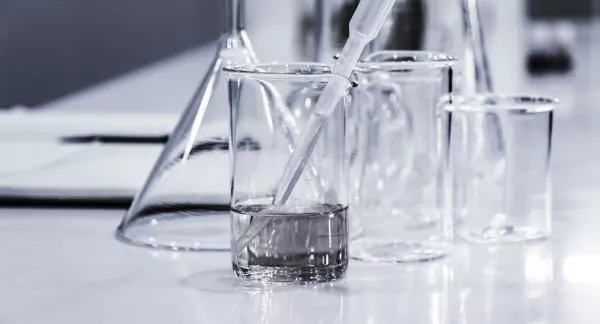Treatment Mitigation of the Chemical Peaking of Low Molecular Weight Organic Contaminants in Potable Reuse
Abstract
The presence of volatile organic compounds (VOCs) in potable reuse systems poses a significant challenge for maintaining water safety and quality. VOCs, characterized by their low molecular weight and potential health risks, are not easily removed by conventional treatment processes. Their persistent nature and chemical properties necessitate advanced treatment solutions that can reliably reduce their concentration to safe levels. This 36-month research project is dedicated to evaluating and refining treatment strategies that effectively address the presence of VOCs in recycled water.
The project will investigate a suite of advanced technologies, including ozonation with biologically activated carbon, reverse osmosis, granular activated carbon, and conventional activated sludge. By conducting comprehensive performance assessments, the research team aims to identify the most efficient combinations of these processes and determine optimal operational conditions.
The ultimate goal is to deliver actionable recommendations and technical guidance for utilities seeking reliable, sustainable approaches to potable reuse. By advancing knowledge and providing practical insights, the project will strengthen the broader water reuse community’s ability to protect public health.


